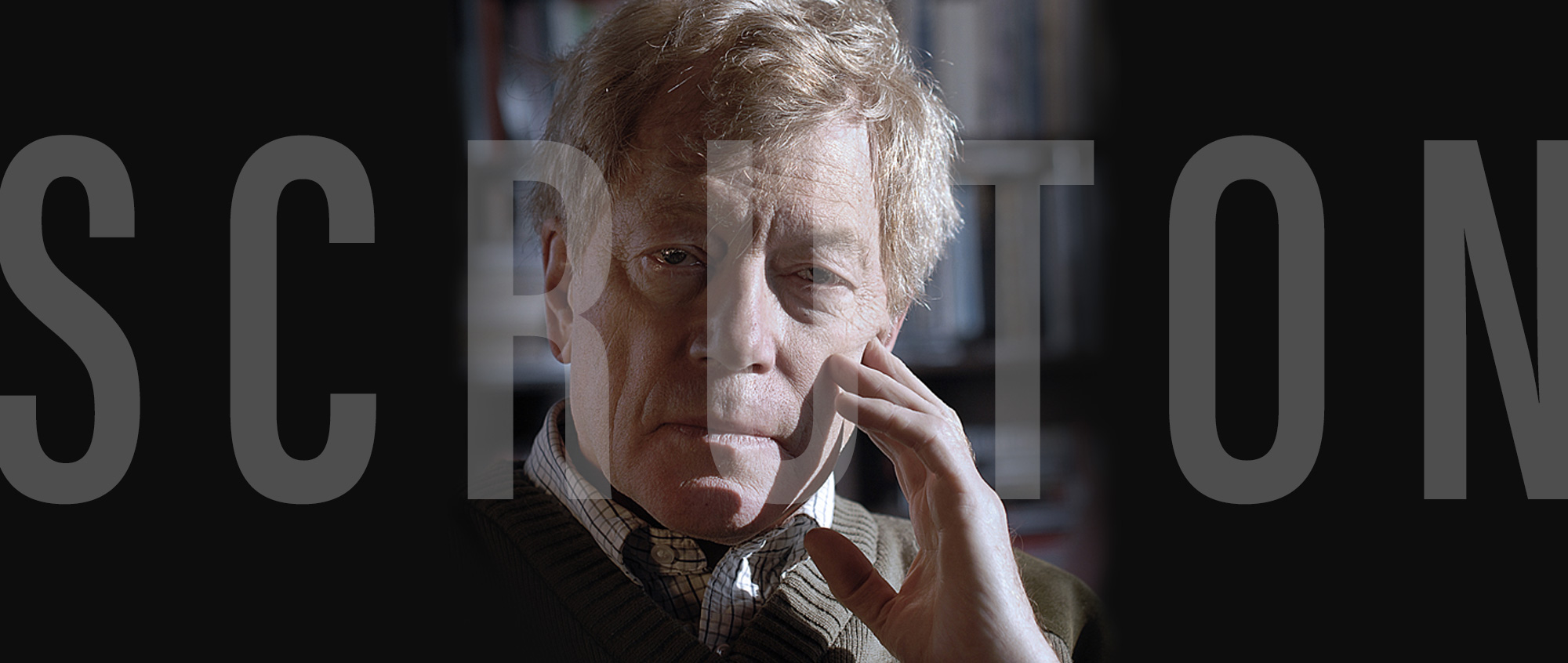From a post of mine from 2017 when I first engaged with Scruton on a serious level. His passing this week is a monumental loss, but his legacy, bravado and inspiration, will continue on. It is my hope that this post will exemplify why.
In the video below, conservative philosopher Roger Scruton is interviewed for an hour and a half by Dutch journalist Wim Kayzer, as part of a series called, ‘Of Beauty and Consolation‘.
The whole interview is worth watching. Since it is quite lengthy, my purpose here will be to share some of the more stand-out points.
What this interview serves to show, among other things, is that, unlike modern liberalism and its cult-like followers, conservatives (and they’re allies) cannot be truly pinned down. Sure, extremes exist and there is/are basic, tried and true, propositions by which conservatives work.
Conservatives, however, and in a lot of ways, those aligned with them, cannot be placed into a neat little box, then pushed aside under a plethora of reckless labelling that often comes their way. The freedom of religion, speech and conscience allows for the freedom of thought and the challenge of ideas.
Of everything discussed, the content between 53:00-58:00 is, to me, among the most significant.
Here, Scruton states:
Hysteria dominates modern politics … I think it’s no accident that the loss of faith in our century [20th Cent.] immediately was accompanied by the rise of totalitarian government. Communism; Nazism; Fascism. All of which are atheistic creeds growing out of superstitions [& hysteria]; growing out of a loss of the God-head.
This is the high point from which the documentary takes flight. The interview, from this point, spreads out in a range of answers to questions about society, theology, politics, philosophy and marriage.
Overall, the interview follows its own organic course. The only thing planned were the questions. Outside those, Scruton leads the conversation the entire time.
Other points worth mentioning include: His response in 1:03/49 is very Barthian, and second, Scruton’s statement that marriage was a “creative endeavour”:
Marriage is a creative endeavour that lifts us out of the animal realm and inscribes us into the eternal.
Scruton is candid, having no issue with opening up about his battle with social anxiety and how learning to overcome it has informed his philosophy; his search for truth. This is also evidenced by his thoughts on where modern (post-Christian) society is at.
The problem with the modern world, in my view, is that people no longer dwell on the earth. They move as nomads around it. In search of something, they know not what, and never finding it. Moving from person to person, place to place.
The pandemics of “panic”, meaninglessness and emptiness which now plague the world are largely driven by anxiety avoidance and a “lack of awareness about its own state of unhappiness – it is the panic of the isolated individual“.
People are totally [lost] at sea without the religious sense/awareness of that which exists beyond ourselves; that God-feeling. With the loss of moral equilibrium that is provided by the Divine and their detachment from where this is made real, people become prey to superstition of the most appalling kind.
The interview is centred on the human concepts of experience, beauty and consolation. The conversation which follows is casually worked out from there. Ending with a return to Scruton’s comments about meeting his wife during a hunting trip.
The topic of consolation is the centrepiece of most responses. One stand out part is the distinction he makes between fake consolation and authentic consolation.
False consolation, like finding refuge in wine or alcohol, does not involve over-coming. Consolation comes from having confronted trouble and elicited from the heart of trouble the resolution of it.
This lengthy interview caught me by surprise. I was not expecting to hear anything about Scruton’s battle with anxiety, his troubled home life as a child or his views on modern politics. Another surprise was learning that Scruton was a musician.
As was pointed out to me, Scruton’s theology is ‘not as refined’ as some might like. His theology does slide away at some points. Scruton struggles to find the right words. To his credit, when this happens he moves to assert that he is not a theologian, and even though he is discussing theology, “he [therefore] can’t answer those questions with the same acuity”.
I wasn’t a fan of the tone given out by the interviewer but given the differences between Europe and Australia perhaps this can be graciously put down to being a kind of cultural tone I’m not used to hearing. Nevertheless, I sat through the entire interview and devoured it.
WATCH:





















